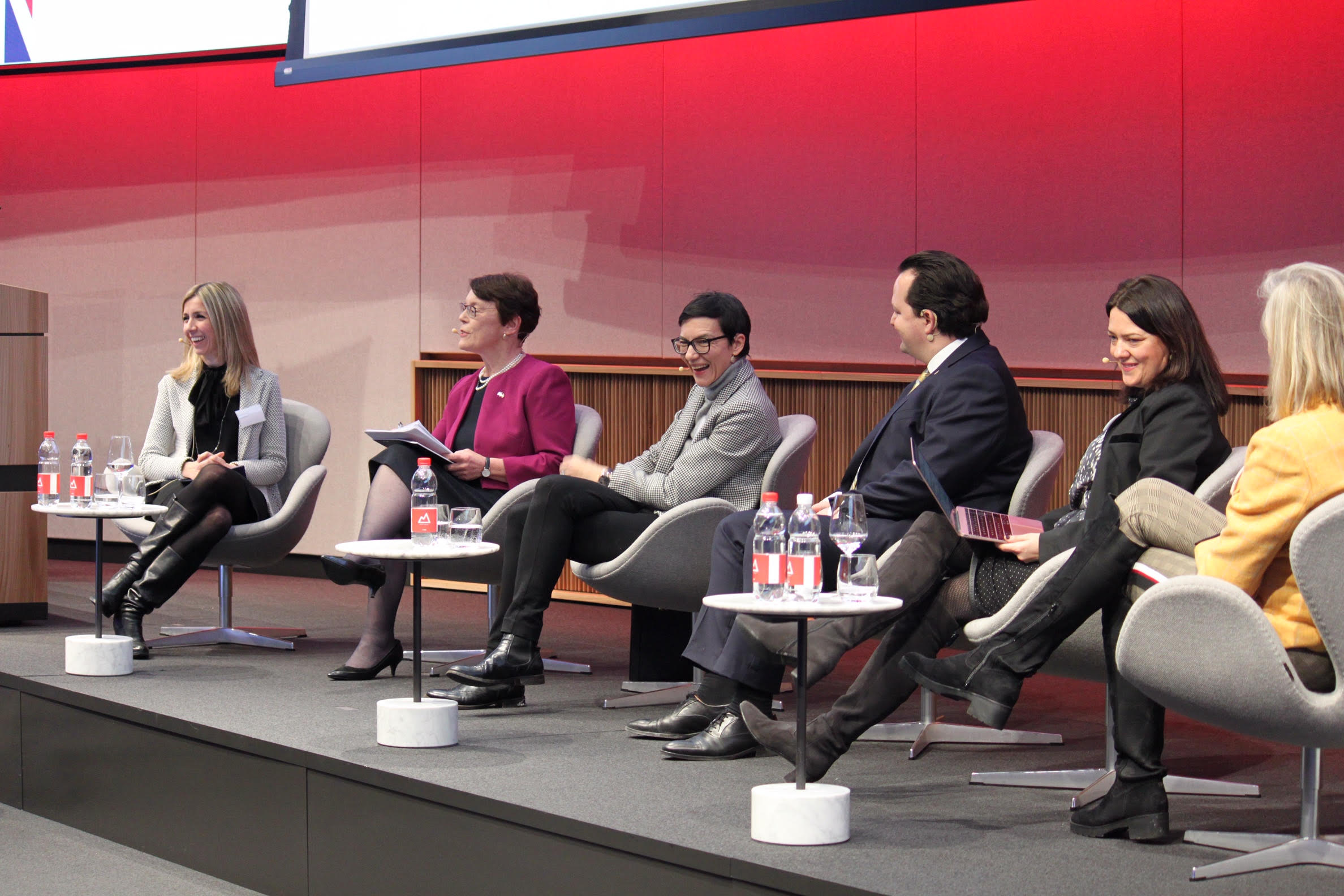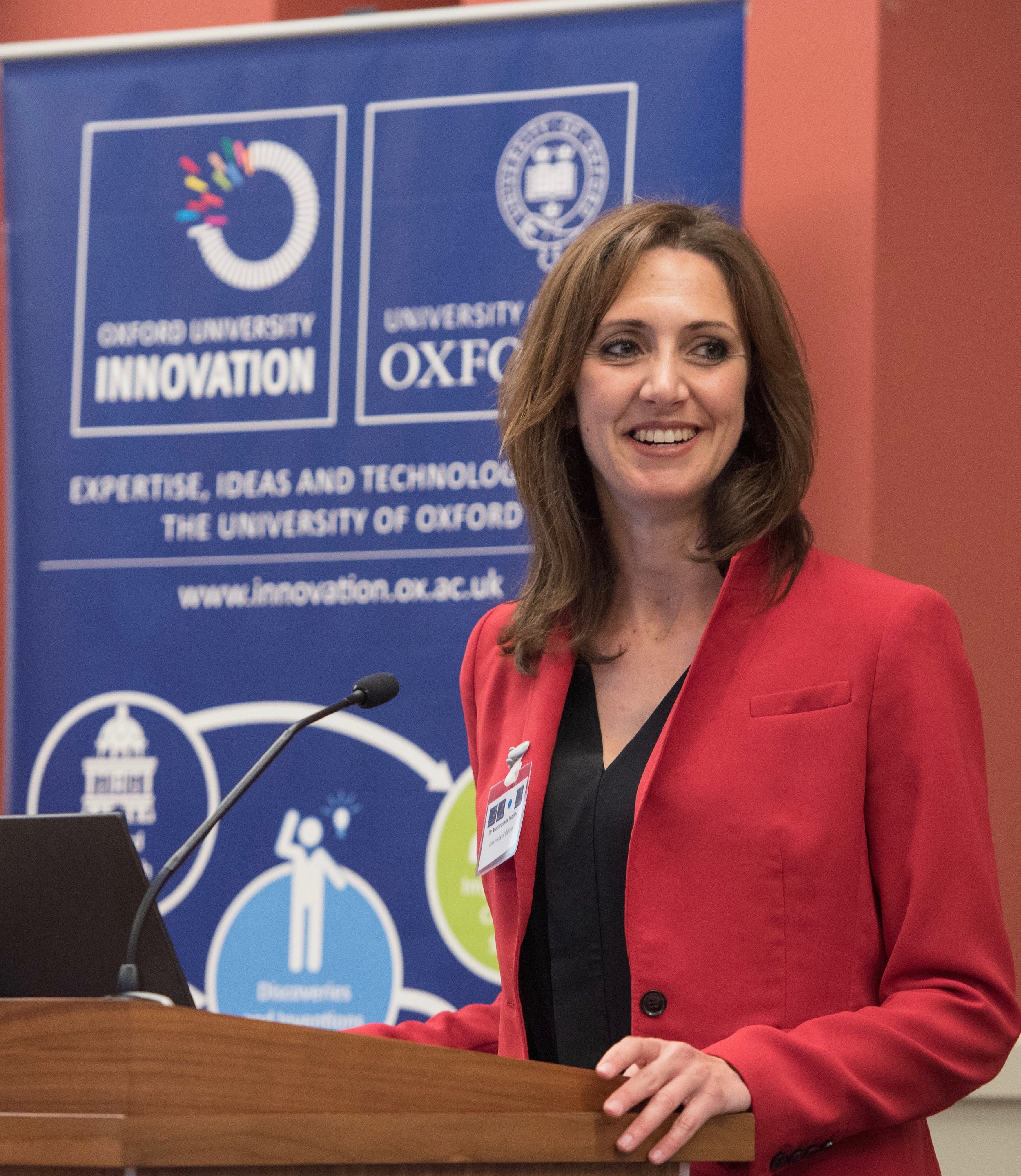How can the economy be re-launched in a post-COVID world?
(Original article by Manuela Andaloro published in Italian on Corriere dell’ Italianita’.)
There’s no way around it, this is a time of great hardship, complex mechanisms, and unknown variables. 2020 will probably go down to history as the Annus Horribilis of the past 70 years, given the terrible cost in terms of human lives and public health, and due to the incredibly strong impact on the entire economic system, both national and global.
Still, despite the severity of this shock, Italy’s economy grew by 16.1% in the third quarter from the previous three months, a much stronger rebound than expected following a coronavirus lockdown, outperforming the UK, Spain, Germany and France. The rise in Italian industrial output also points to strong economic rebound.
Lombardy is the 1st regional economy in Italy, its GDP is nearly equivalent to Switzerland’s.
The preconditions – as we have seen in the recent Rapporto Export (export report) issued in September 2020 – for a restart of the Italian nation seem to exist. A strong relaunch is possible by means of Italy’s driving force: Made in Italy. Fashion, Furniture, Design, Food, Manufacturing, Engineering, Tourism: these are all sectors in which “italianness” is an established synonym of quality, reliability, and creativity.
It includes businesses deeply-rooted in certain areas, with a fabric of supply chains and districts in all Italian regions, with a significant push towards international markets. The strength of the “Made in Italy” calling boosts export, increases the competitiveness of the entire Country System, and leverages on both the growing digitization and a now unavoidable global trend: sustainability. A strong attention towards “green” sectors, viewed as an opportunity for the environment and the planet to have their revenge, but also an occasion for investment, growth, and employment for the entire production network. In this scenario, the Country’s priorities intertwine with those of the Green New Deal for Europe, and are targeted towards reaching the goals set by 2050.
In this context, it was very interesting for me to take part – from October 6 to 8 – in one of the few digital happenings that has set a clear and precise end: to understand how to restart the Italian system, and how to do things better than before. “Made in Italy: The Restart” was a three-day program of digital events organized by two leading financial publications such as Il Sole 24 Ore and Financial Times, for the relaunch and recovery of the world of Made in Italy excellence: a series of structured events, and an occasion for debate on the related growth strategies. A stellar lineup of Government representatives, CEOs, and over 40 top managers and entrepreneurs representing Italian excellence were brought together through streaming and simultaneous translation.
Participants included five Italian Ministers, two Undersecretaries, five representatives of Confindustria (Italian industry business organization) – with President Bonomi leading the group, the Governor of Banca d’Italia (central bank of Italy) Ignazio Visco, and over 40 top managers and entrepreneurs embodying Italian excellence. It was a moment of reflection, but also an organized relaunch and amplification of a clear message: Made in Italy is strong, and recognized worldwide as a symbol of quality, safety, and reliability.
Dominated (40%) by the luxury good sector, where Italy stands in 3rd place at the global level, the industry is completed by food, fashion, furniture, and personal care products. Made in Italy goods have also increased in value in the automotive, oil & gas, pharmaceutical, and engineering fields, which goes to show the versatility and eclectic nature of Italian companies.
Innovation is the keyword pushing great Italian businesses, not only in terms of product design, but also in business choices that have consolidated the presence of Italian products on the most competitive international markets (US, Japan, Germany).
In spite of the current COVID crisis, the Made in Italy market strongly affects the development of Italian and international economies, and now enjoys and crucial role on the global stage and in terms of proliferation of new business opportunities in the import and export of all that which is manufactured in Italy, known abroad as a cradle of pristine craftsmanship.
The value of the Made in Italy label has grown by 14% from 2018 to 2019, reaching 96.9 billion dollars (source: BrandZ Top30 Most Valuable Italian Brands 2019). Stronger than the aura of economic and political uncertainty, Italian brands have continued to grow in double digits, year after year, thanks to a solid worldwide presence. Over the past 40 years, “Made in Italy” has become more and more a brand, a label, and an intangible value that increases the competitive advantage of goods. The global demand for Italian products is continuously and constantly on the rise in traditionally responsive markets, but has also and especially grown in emerging economies that look at our country as an example of excellence.
Moreover, the great Italian brands are a driving force for small and medium enterprises that – although not enjoying the same notoriousness – benefit in terms of perceived quality and innovation.
The Italian economy has adequately avoided recession in the past few years, and one of the main reasons is its growth in export, with Made in Italy acting as the driveshaft to achieve comparable and sometimes greater results than those recorded by the German market.
But what is behind the fame of Made in Italy? The positive image of Italian companies dates back to half a millennium ago, in the Renaissance. An occasionally turbulent time, it nonetheless sanctioned the quality of Italian technology and aesthetics, along with a knack for business based upon manual skill and craftsmanship.
Ministry of Foreign Affairs Luigi di Maio
Two fundamental take-aways may thus be extrapolated from the topics dealt with by many of the speakers present at the Il Sole 24 Ore- Financial Times 3-day event. The first was summarized by Ministry of Foreign Affairs Luigi di Maio, who spoke of how innovation and digital technology are extremely strong levers for a post-COVID success: “We cannot waste the opportunity that this crisis grants us: innovation and digitization will be the levers of success in the post-pandemic phase, both in Italy and worldwide”. The second take-away is environmental sustainability, a central topic that must capitalize on the great awareness gained in terms of the need for a sustainable approach towards the future of our Planet and of coming generations.
With our excellence, strength, and togetherness as our re-starting block, we shall go far, once again.
Manuela Andaloro
(info@smartbizhub.com)
Sources: FT, Reuters
Original article published in Italian on Corriere dell’ Italianita’.




















